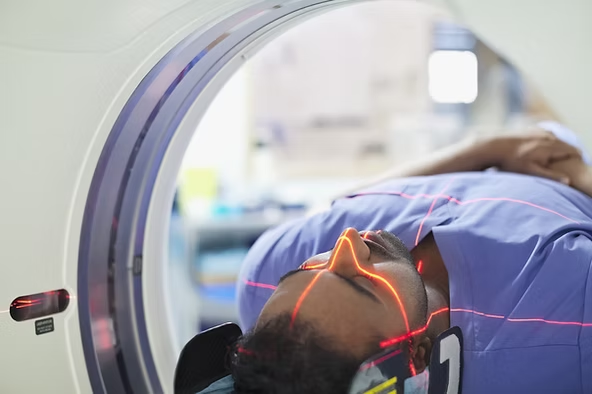Unpacking Mild Traumatic Brain Injuries and Concussions: Essential Insights on Diagnosis, Recovery, and Compensation
Traumatic brain injuries (TBI’s) can occur in a variety of ways, including: the head being struck by an object, the head hitting a hard surface, or acceleration or deceleration forces causing the brain to move inside the skull. In personal injury cases, these mechanisms are often the result of accidents like motor vehicle collisions or falls.
At Palmetto State Injury Lawyers, we’ve seen firsthand the profound impact TBI’s can have, not only on the individuals suffering from these injuries but also on their families. These injuries can disrupt every aspect of daily life, from physical and cognitive abilities to emotional well-being, often requiring long-term care and fair compensation. We understand the emotional, physical, and financial toll a TBI can take, and we are committed to fighting for the compensation and resources necessary to help our clients regain control of their lives and secure their future.
Unfortunately, half of concussions are missed or misdiagnosed, often because symptoms can be subtle or attributed to other causes. Diagnosing a TBI early and understanding the expected recovery course can help improve outcomes. This is why it’s critical for individuals who suffer head trauma to receive a thorough evaluation, including appropriate imaging tests like CT or MRI scans, if necessary.
One of the most common forms of TBI is a mild traumatic brain injury (mTBI), often referred to as a concussion. The term “mild” is used to describe brain injuries where a person loses consciousness for less than 30 minutes and has memory loss (post-traumatic amnesia) for less than 24 hours. However, calling these injuries “mild” can be misleading because it doesn’t always reflect how serious the injury can be.
mTBI’s are diagnosed when an injury occurs through an impact or forceful movement of the head, resulting in one or more of the following: clinical signs of brain injury (such as loss of consciousness or confusion), acute symptoms (like headaches or dizziness), and/ or neuro-imaging evidence, such as trauma detected through CT or MRI scans.
The Glasgow Coma Scale (GCS) is a tool used by medical professionals to assess the severity of a brain injury. It measures a person’s level of consciousness based on three factors: eye-opening, verbal response, and motor response. Scores range from 3 to 15, with higher scores indicating milder injuries. A score between 13 and 15 typically indicates a mild brain injury, but even within this range, individuals can still experience significant and lasting symptoms.
While most mTBIs resolve over time, some individuals suffer from persistent symptoms that can last for months. Symptoms can vary widely but may include headaches, dizziness or vertigo, confusion or disorientation, sensitivity to light and sound, balance issues, memory problems, and irritability or behavioral changes. In more severe cases, individuals may experience seizures or more profound cognitive impairments. Risk factors for prolonged recovery include older age, female gender, pre-existing psychiatric conditions, and prior TBIs.
Treating these injuries often requires a team of healthcare providers from various fields, such as neuro-optometry, physical therapy, and neurology. If symptoms persist, it’s important to refer patients to brain injury specialists who can help manage problems with vision, balance, mood, and cognition. This treatment approach may involve addressing several systems affected by the injury, including vision, balance, sleep, and mood.
If you’ve experienced a TBI because of an accident or someone else’s negligence, we are ready to guide you through the complex legal process. We are dedicated to helping TBI victims regain control of their lives and obtain the compensation and resources necessary for a full and lasting recovery. Let us fight for your future, so you can focus on healing!

Categories
Bicycle Accidents Boating Accidents Bus Accidents Car Accidents Child Injuries Drunk Driving And Other Punitive Issues Food Poisoning Get To Know Us Head Injuries Insurance Motorcycle Accidents Pedestrian Accidents Personal Injury Premises Liability Prescription Drug Overdose Products Liability Property Damage Slip and Fall Accidents Traumatic Brain Injury Trucking Accidents Wrongful Death